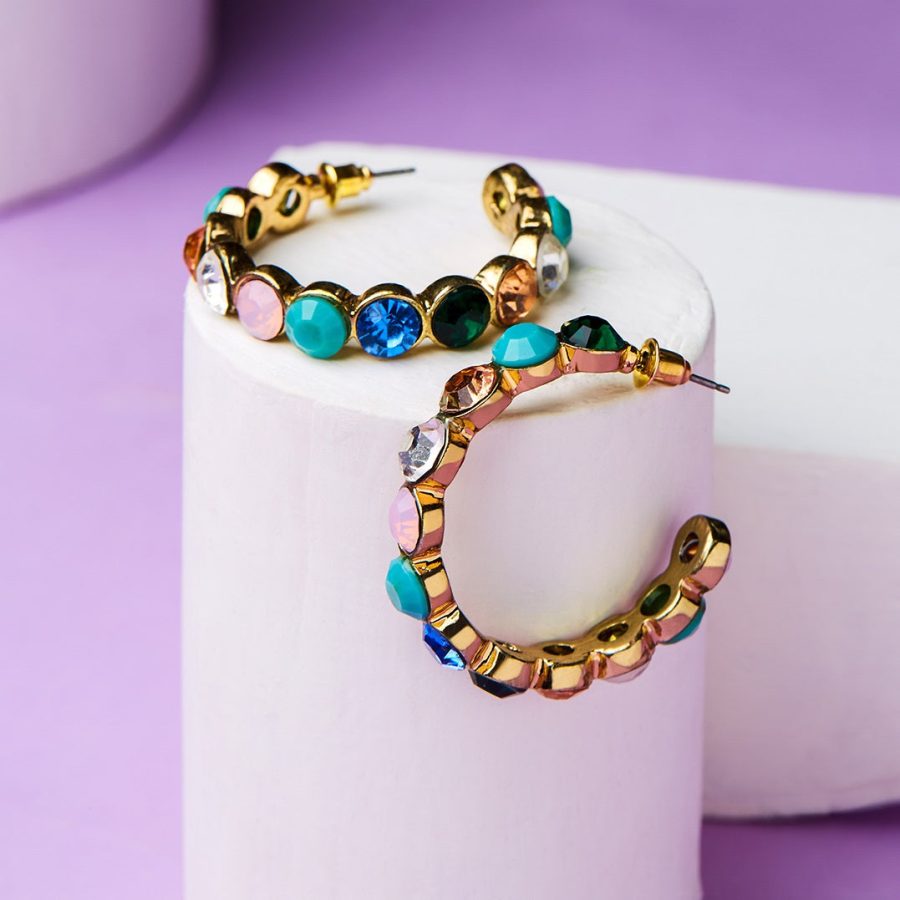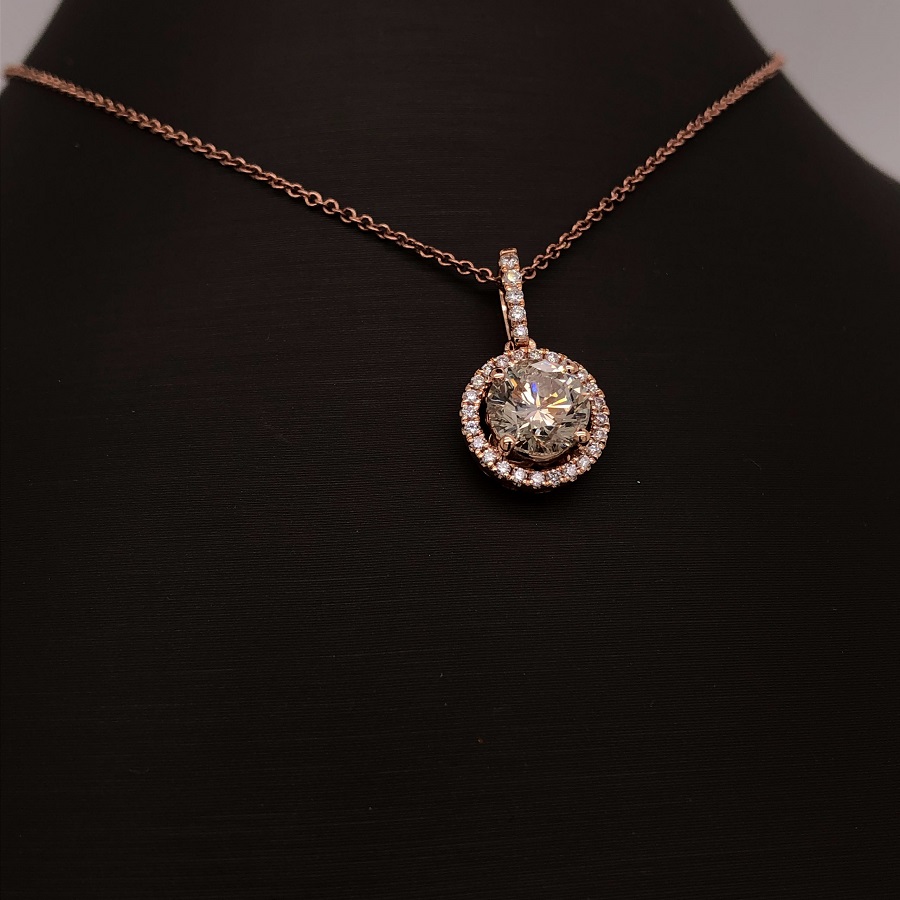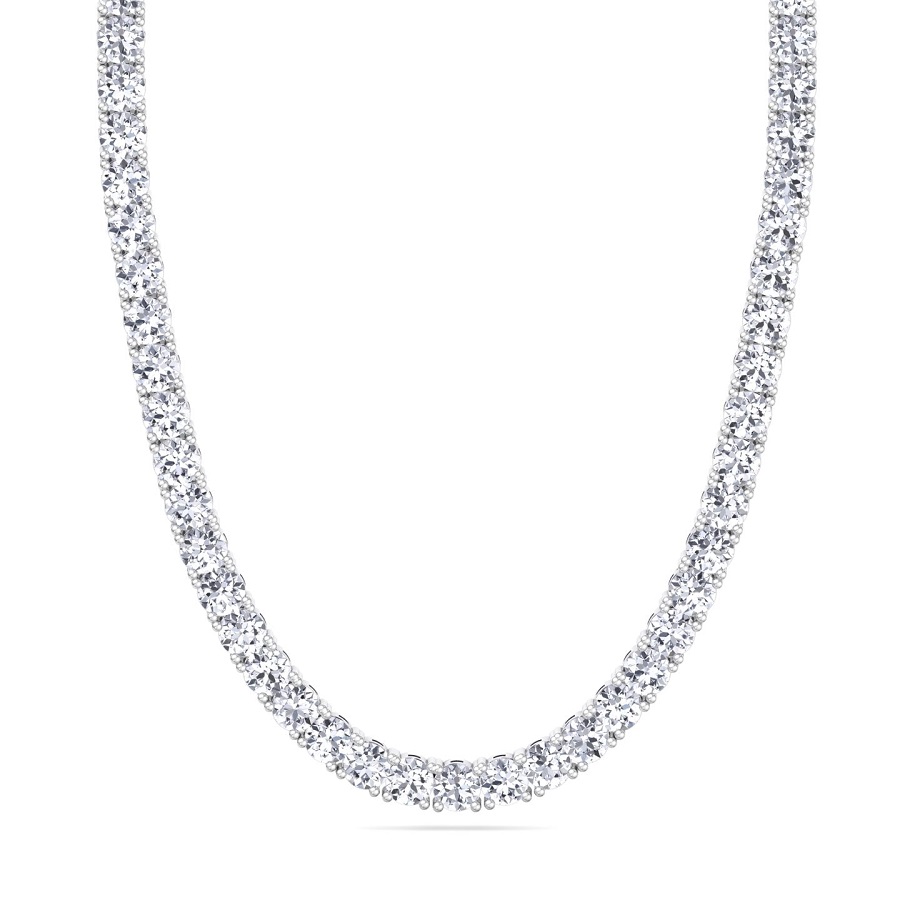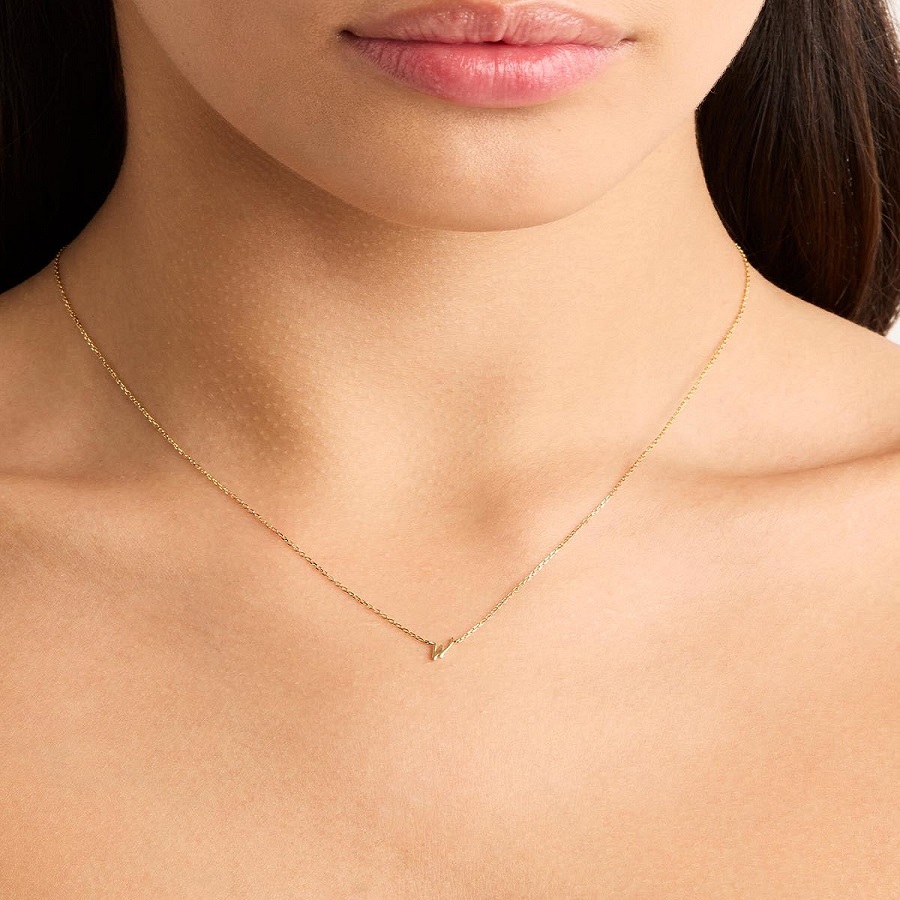Understanding Earring Allergies and Metal Sensitivity
Why do my earrings hurt – Experiencing discomfort with earrings is often due to metal allergies. Metals like nickel, cobalt, or chrome can trigger allergic reactions in many people. Sensitive individuals might react to even small amounts of these metals.
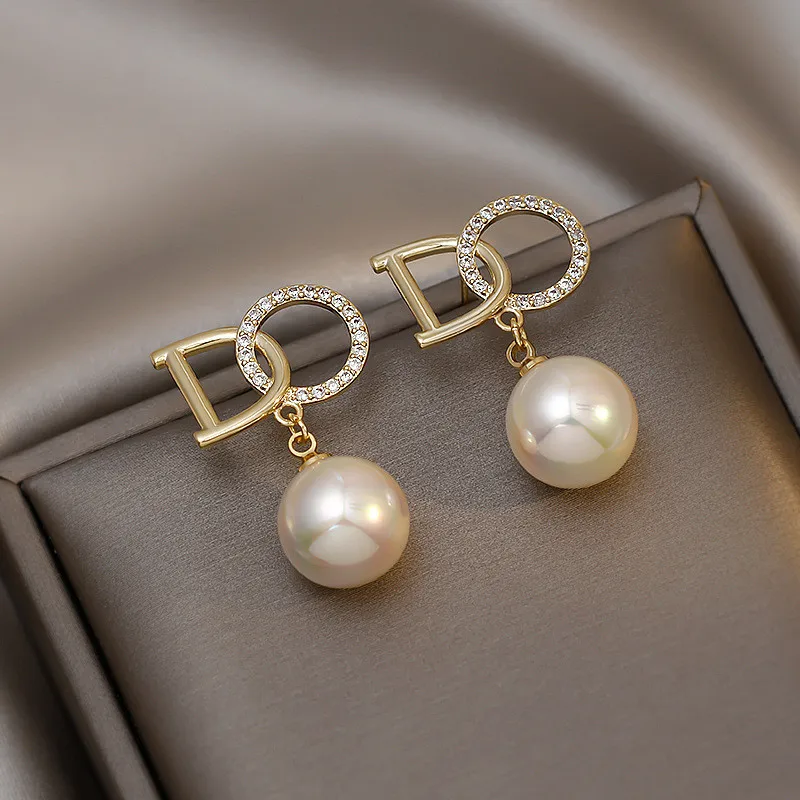
Different Metals and Their Allergenic Properties
Not all metals are equal when it comes to causing allergic reactions. Here is a run-down of common metals used in earrings and their potential for causing sensitivity:
- Nickel: This is one of the most common allergens. A nickel allergy can cause redness, itching, and blistering.
- Cobalt: Like nickel, cobalt can cause dermatitis and other skin reactions.
- Chromium: Often found in alloyed metals, chromium can irritate the skin and lead to allergic reactions.
Metals such as titanium and niobium are considered hypoallergenic, meaning they’re less likely to cause allergic reactions. Earrings labeled ‘for sensitive ears’ often contain these metals. Always check the metal content of earrings before purchase, especially if you have known sensitivities or allergies.
Identifying the Signs of an Earring Allergy
Identifying if you have an earring allergy is key to finding relief.
Symptoms to Look Out For
Recognizing the signs of an allergic reaction to earrings is important. Here are symptoms you might experience:
- Itching: Persistent itchiness in the lobe or around the piercing signifies irritation.
- Redness: The skin around the piercing appears red and inflamed.
- Swelling: The pierced area may become swollen, indicating a reaction.
- Pain: Pain in the earlobe is common if your skin reacts to the earring metal.
- Discharge: Clear or colored fluid leaking from the piercing may be a warning.
Take note if these symptoms occur soon after wearing earrings or if they persist. If removing the earrings soothes these symptoms, you might have a metal allergy. This discomfort should not be ignored. Soreness should lessen over time, not worsen. If it gets worse, it points to a more serious reaction that needs attention.
In some cases, the skin can also develop a rash or blisters. These signs often indicate a metal allergy, commonly to nickel, and less frequently to cobalt or chromium. If you suspect an allergy to metal in your earrings, testing by a healthcare provider can confirm this.
Simple changes like switching to hypoallergenic metals like titanium or niobium can make a huge difference. These materials are safe and comfortable for sensitive ears, offering a lasting solution to discomfort. Keep watch for these symptoms and act quickly to prevent further irritation or harm to your piercing sites.
 New Piercings Versus Long-Standing Piercings
New Piercings Versus Long-Standing Piercings
Understanding why earrings may hurt is critical whether you’ve just gotten a new piercing or if your ears have been pierced for years.
How Healing Times and Piercing Age Affect Soreness
Healing time for fresh piercings varies and can extend beyond the expected 6-8 weeks. During this period, frequent earring changes or harsh treatment can delay healing. This can lead to prolonged soreness.
Long-standing piercings shouldn’t normally hurt. If they do, you may have developed a sensitivity or allergy to the metal. This can happen even years after the initial piercing.
Contact with earrings can re-traumatize healing tissue and cause discomfort. For long-standing piercings, discomfort suggests a problem, possibly an allergy. In that case, looking at the material of the earrings is key.
People with new piercings should avoid frequent earring changes. They should also avoid sleeping in earrings that can press or pull on the lobes. For older piercings, choosing non-allergenic metals can help. Regular cleaning is also essential to avoid soreness and infections.
The Role of Earring Quality and Material
Earring quality and material are crucial for those with sensitive ears. Higher quality often means fewer allergies.
Choosing Safe Metals and Earrings for Sensitive Ears
To avoid soreness and reactions, pick earrings crafted from safe metals. Look for titanium, niobium, or pure gold.
Piercings won’t hurt with these materials, as they are hypoallergenic. They reduce risks of irritation and allergies.
Always read labels for metal content in earrings. Metals like nickel can cause discomfort, even in small amounts.
Select quality over cost to protect your ears. Cheap materials often lead to pain and allergies.
For safety, consider medical-grade materials. They work well for piercings and sensitive skin.
Remember, even precious metals can have alloys. Check for purity to ensure fewer reactions.
Consult with a professional if unsure about earring materials. They can help choose the right pair for you.
In summary, for pain-free ears, invest in quality, pure, and proven hypoallergenic earrings. Your ears will thank you.
 Practical Tips for Earring Wearers with Sensitive Ears
Practical Tips for Earring Wearers with Sensitive Ears
For those with sensitive ears, wearing earrings can be a challenge. Here are some practical tips to help prevent pain and discomfort.
Maintenance and Care for Healthy Ear Piercings
Maintaining and caring for your ear piercings can prevent issues and ensure comfort. Here’s how:
- Choose Hypoallergenic Earrings: Wear earrings made of titanium or niobium to avoid allergic reactions.
- Clean Regularly: Keep your piercings clean to avoid infections. A simple saline solution can do the trick.
- Rotate Earrings: Gently rotate your earrings daily to prevent them from getting stuck.
- Apply Barrier Cream: For extra protection, use a thin layer of barrier cream on your earrings.
- Avoid Heavy Earrings: Choose lighter earrings to reduce the strain on your earlobes.
- Limit Wear Time: Give your ears a break by limiting how long you wear your earrings.
- Mind Storage: Keep your earrings in a clean, dry place to prevent bacteria buildup.
By following these tips, you can enjoy a variety of earring styles without discomfort.
When to Seek Professional Help for Ear Pain – why do my earrings hurt
Sometimes, despite our best efforts to manage earring discomfort, professional help may be necessary. Knowing when to seek medical attention is crucial for your ear health.
Signs of Infection and When to Seek Medical Attention – why do my earrings hurt
If your ear pain persists or shows signs of infection, it’s time to consult a healthcare provider. Here are key symptoms that indicate a need for professional help:
- Persistent Pain: Pain that doesn’t diminish over time can be a sign of infection.
- Swelling and Redness: These can accompany pain and signify that something is wrong.
- Warmth: An earlobe that feels warm or hot to the touch may signal infection.
- Discharge: Unusual fluid or pus draining from the piercing could mean infection.
- Fever: A fever, along with ear pain, is a definite signal to see a doctor.
If you notice any of these symptoms, don’t wait. Reach out to a medical professional to get the right treatment. In the meantime, keep your earrings out and maintain good hygiene. It’s important not to ignore these signals; timely action can prevent further complications and ensure proper healing of your ear piercings.
Future Trends in Hypoallergenic Earrings
As we look ahead, the future shines bright for those who love earrings but struggle with sensitivities. The demand for hypoallergenic earrings is on the rise, pointing to a trend where comfort won’t be compromised for style.
Upcoming Non-Allergenic and Skin-Friendly Jewelry Collections – why do my earrings hurt
Jewelers and designers are catching on to the needs of sensitive eared consumers. The upcoming jewelry collections are all about non-allergenic and skin-friendly options. We’re seeing a shift towards materials like medical-grade titanium, niobium, and even bio-compatible plastics that promise to reduce the risk of allergic reactions.
- Titanium is leading the pack for its strength and compatibility with human tissue. Expect to see this metal become a staple in earring designs.
- Niobium, another hypoallergenic alternative, is gaining popularity for its variety of colors and finishes.
- Gold lovers can rejoice as high-karat gold earrings make a comeback, with the focus on purity to minimize skin irritation.
The beauty of these elements is they often look as good as they feel. This means you can wear your earrings from day to night without worry. Designers are also getting creative, mixing hypoallergenic metals with other elements like glass or stones to craft unique pieces.
Brands are set to roll out lines specifically targeting those who need irritant-free jewelry. These collections won’t just be practical but will feature contemporary designs that keep up with fashion trends. It’s an exciting time for accessory lovers who have longed for a blend of safety and style in their jewelry choices.
Keep an eye out for launch announcements and customer reviews to find the best pieces for your sensitive ears. The right pair of non-allergenic earrings is out there waiting to add sparkle to your look without the pain.
